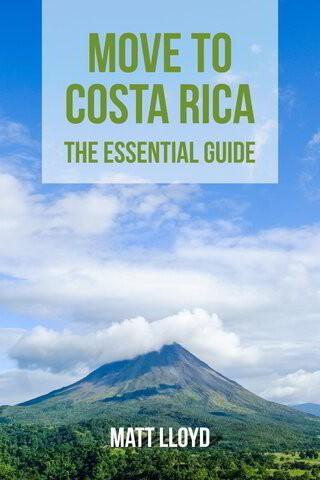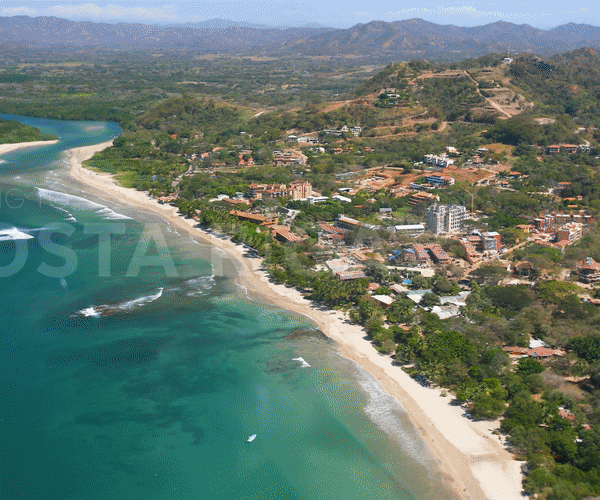Costa Rica is rated as the most beautiful country in the world, and those who are dreaming of buying a property there already know that’s where the money’s at. Owning a property in Costa Rica is a great investment, but as an American citizen, can you buy one? The good news is, yes you can. However, the process can be a bit different than what you're used to in the States. Let me quickly walk you through the basic process of buying a property there, including the financing options available to you.
There’s a wide variety of property options to shop around in Costa Rica, including single-family homes, condos, and land. If you're planning to use the property as a vacation home, you may want to consider a condo or a home in a gated community. These types of properties often come with amenities like swimming pools and tennis courts, and they're often located near popular tourist destinations.
After you’ve set your sights on the property that suits your needs, it’s time to decide how you're going to finance the purchase. As a non-residence of Costa Rica, it’s not impossible to obtain financing from a Costa Rican bank, but the process can be very difficult, time-consuming, and requires a sizeable amount of down payment (between 35% to 50%).
Opting to take the path of least resistance, this is where your financing options open up. One of the most flexible types of property financing that gives you more breathing space is owner financing. It’s up to you and the owner to come to an agreement, including payment terms, producing proof of income, down payment amount, and selling price, among other things.
Another great option for financing a property in Costa Rica is to take out home equity loans, or second mortgages. The biggest benefit of this is that you can take out a home equity loan in the States. As long as you have equity in your first home, you can use this favourably for proof of income and your credit score to help you secure a loan for your second home in Costa Rica.
As for private lenders, they can easily furnish you with the loan to finance your property, but do more research to understand what you’re getting into. Hard money lenders typically charge higher interest rates but are more lenient when it comes to credit and income requirements, whereas bridge lenders tend to have lower interest rates but stricter requirements.
At the end of the day, you'll want to make sure that you have a good real estate attorney to help you navigate the legal process of buying a property in Costa Rica. Never transfer money without one! This will ensure that everything is done correctly and that you're protected throughout the process.
Overall, buying a property in Costa Rica can be a great investment, but it's important to meticulously do your research and compare loan requirements from your preferred source of financing.
References:
https://internationalliving.com/countries/costa-rica/real-estate/
https://www.specialplacesofcostarica.com/buying-property-in-costa-rica-frequently-asked-questions/
https://www.costarica.com/real-estate/mortgages-101
https://www.tanktopsflipflops.com/financing-property-costa-rica/
https://fastcostaricafinance.com
https://www.bluewaterpropertiesofcostarica.com/blog/costa-rica-real-estate-financing-4-options/
https://www.costarican-american-connection.com/Financing_In_Costa_Rica/page_2607566.html




